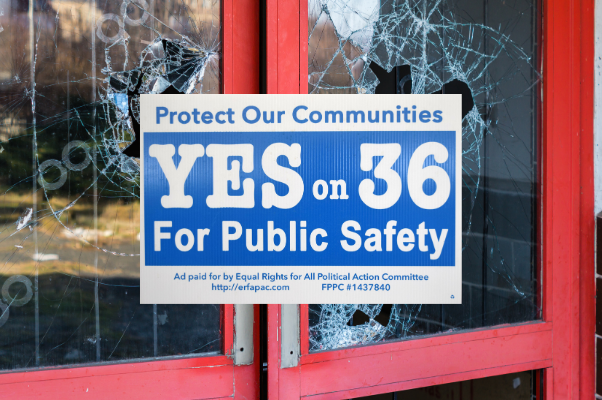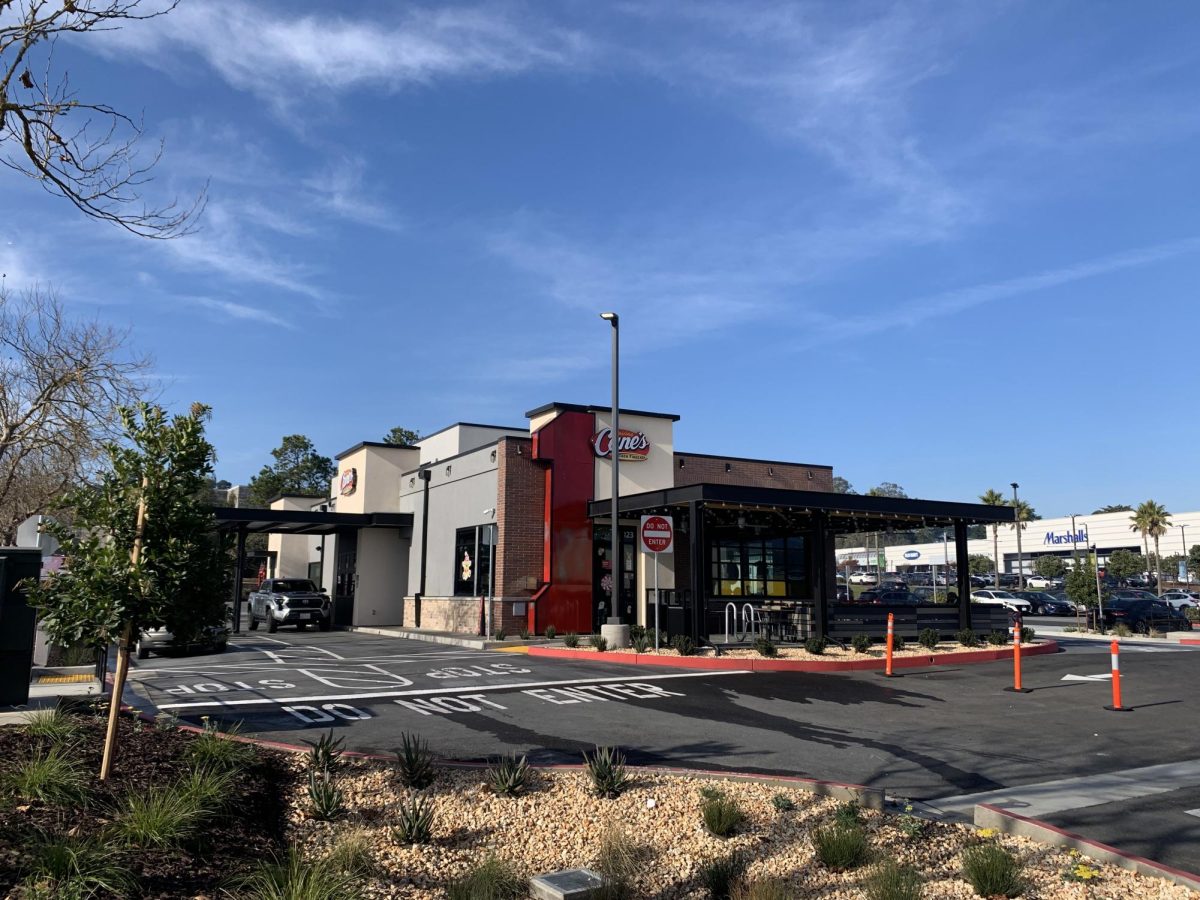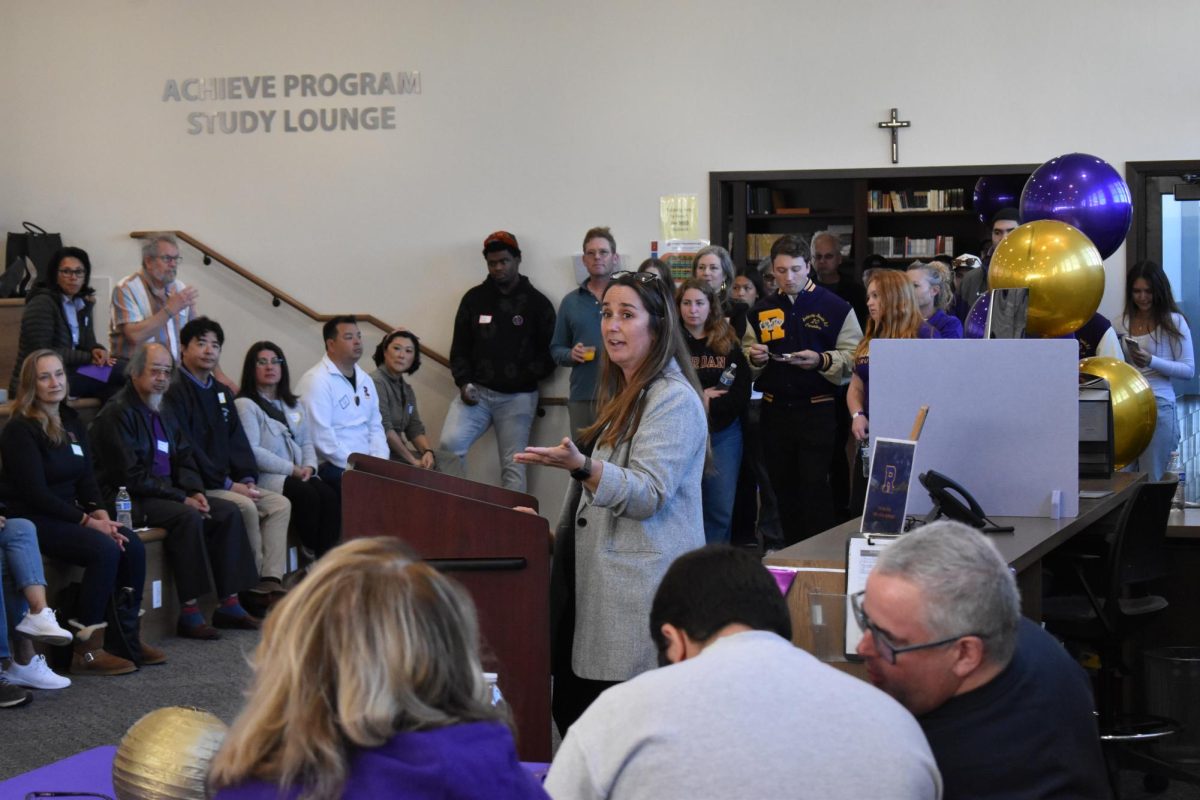With the rise of crimes related to theft and drugs in California, more and more people are affected. Recently, strings of propositions have been passed and rejected in California. One important one relating to this prevalent issue has passed, Proposition 36.
Proposition 36 passed with a landslide of 70 percent voting yes and 30 percent voting no. With it being passed, it allows for more felony charges and increased sentences for those who commit certain drug and theft crimes.
Penalties for crimes relating to illegal drugs, drug traffickers, and smash and grabs have also been increased with repeat offenders being held more accountable.
With theft crimes, a sentence of up to three years would happen if a past offender had two or more past convictions relating to theft crimes.
According to a report by CalMatters, Prisclla Ocen, a law professor at Loyola Law School said, “We are aware that there’s been a shift in terms of the vibe around criminal legal reform.”
Additionally, those who committed drug related crimes would need to complete treatment for mental health or drugs. If they complete their treatment, their charges can be dismissed but if they fail to complete it, offenders can serve up to three years in prison.
Jackie Grealish, Psychology teacher, said, “It will be interesting to see how it affects streets in San Francisco. We’ve all seen the impacts of thefts in the city with drug stores like CVS having more items behind glass. For people with substance use disorders who are arrested for possession, hopefully this gets them the help that they need through rehabilitation.”
She continued, “It seems like we’ll need more treatment facilities specifically for people who are incarcerated for drug- related charges.”
Another aspect of Prop 36 is the possibility of murder charges if someone sells illegal drugs that kill someone.
Furthermore, Prop 36 would lengthen felony sentences for property damage or theft by up to three years if three or more people committed the crime together.
Prop 36 would also increase the number of people in prison, leading to increased costs in the millions.
Ocen, a former special assistant attorney general at the California Department of Justice, also said, “I think on certain issues, yes, the electorate is frustrated with feelings of insecurity — despite the fact that those feelings are often not grounded in data in terms of your likelihood of being victimized, either by a property crime or a crime against a person.”
While Prop 36 has its cons, voters saw the benefits and hope it will help address the ongoing crime issues California faces.






